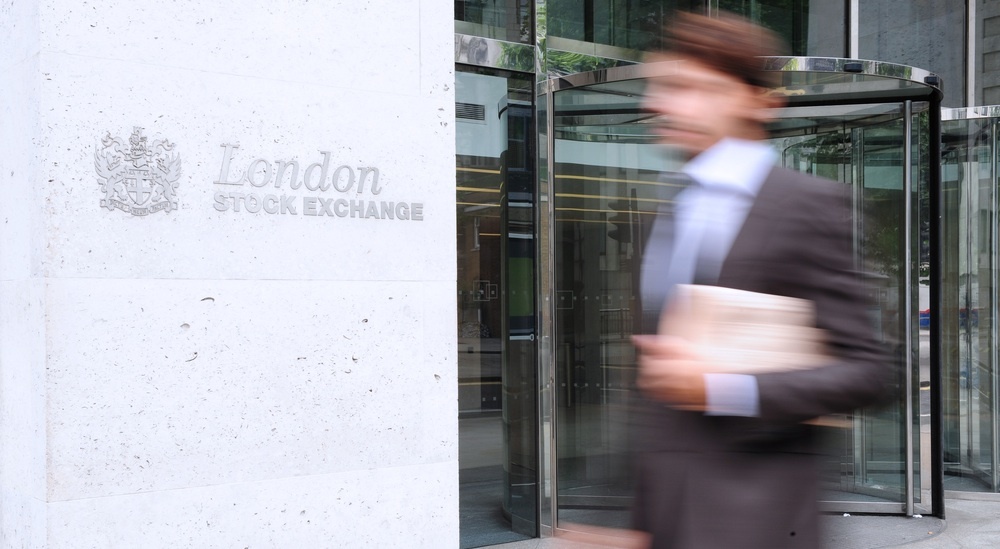During 2012, companies listed on UK stock markets spent more than double the amount secured through IPOs and rights issues on buying back and cancelling shares.
Findings from UHY Hacker Young shows that although the £12.4 billion spent on share buy-back activity is an indicator of revived financial health, it is more worrying to see a lack of fundraising, which saw only £5.9 billion brought in.
Compared to 2009, the peak of the financial crisis, when share buy-backs contributed £593 million, 2012 saw many more companies use surplus cash to reclaim shares.
In another reversal of trends, 2009 saw £76.7 billion raised, primarily though rights issues, as businesses used the stock market to ‘repair’ balance sheets.
Laurence Sacker, corporate finance partner at UHY Hacker Young, suggests that the imbalance between share buy-backs and fundraising means companies do not see enough investment opportunities to justify holding onto capital.
‘The government needs businesses to raise more money and invest more money,’ he says.
‘They could help renew enthusiasm in share investing by reversing their recent increases in Capital Gains Tax, perhaps with a special exception for shares brought at an IPO.’
More on capital markets:
- Entrepreneurs to be given easier on-ramp to London capital markets
- Moving forward – Bringing businesses to the markets
- What is driving M&A on the junior market
UHY Hacker Young’s study finds that the proportion of money raised compared to money returned to market through buy-backs fell from 42 per cent of all share issuance and cancellation in 2006-07 to 29 per cent in 2011-12.
Sacker adds, ‘Share buy-backs tend to be favoured when companies are not using their capital to pursue medium and long-term growth initiatives such as major investment in organic growth.
‘That’s why companies like Apple or Tesco, which not so long ago were considered to be growth plays, are now responding to investor pressure to return capital in the way that mature businesses like Next have been doing for years.’






